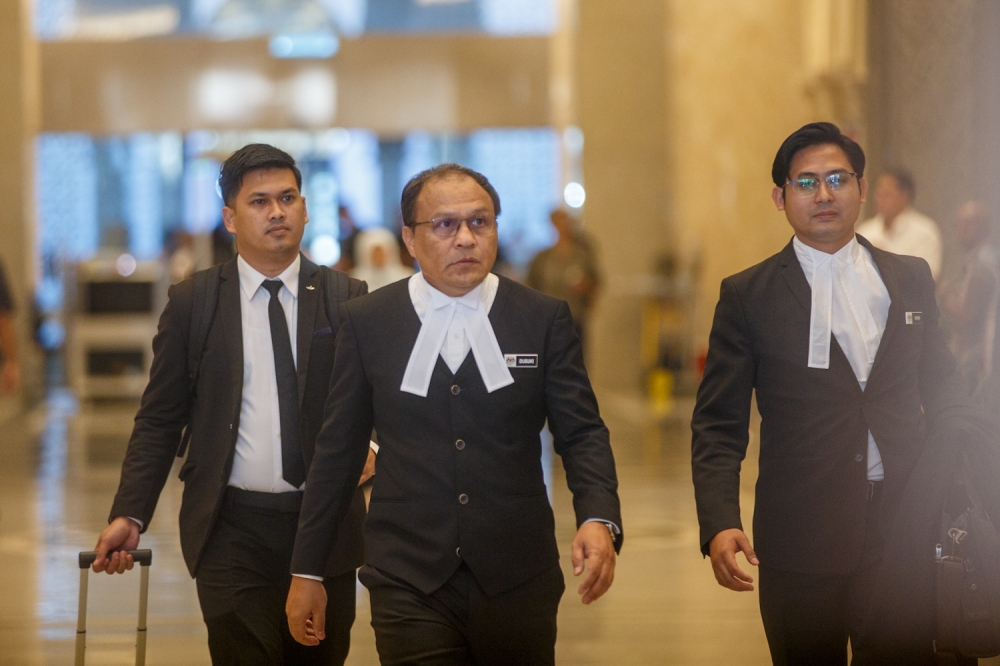JULY 4 — In the case of Datuk Seri Najib Razak v PP [2022] 5 MLJ 143, in his appeal to the Federal Court, former prime minister Datuk Seri Najib Razak (appellant) applied for leave to adduce additional/further evidence to set aside his conviction and sentence on seven criminal charges.
The purpose of the application was to show that the trial judge should not have presided over the trial since he was in a conflict of interest position.
By his application, the appellant sought to introduce several documentary evidence as well as viva voce evidence of certain individuals, including officers from the Malaysian Anti-Corruption Commission (MACC).
The appellant claimed that he had acquired the proposed additional evidence only in May and July of 2022, long after his trial was over, and that the evidence could not have been obtained at the trial even if reasonable diligence had been exercised.
The appellant said he had satisfied the requirements for admission or adduction of the additional/further evidence.
The Federal Court unanimously dismissed the application to adduce additional/further evidence.
The apex court ruled, among others, that some of the additional evidence sought to be admitted/adduced was available at trial or, at the very least, could have been discovered or obtained by reasonable diligence.

Attorney General of Malaysia, Datuk Mohd Dusuki Mokhtar, arrives at the Federal Court in Putrajaya. July 1, 2025 — Picture by Raymond Manuel
Accordingly, the appellant had failed to satisfy the requirements for adduction of fresh evidence established by decided cases, in particular, in the English case of R v Parks [1961] 3 All ER 633 which the apex court had previously endorsed and applied.
The slew of cases emphasised the point of “availability” of the evidence and whether it was discoverable by reasonable diligence by the party seeking leave to adduce the additional/further evidence.
The test is therefore one of availability. Some of the additional evidence was available to the appellant even if he was not served with the evidence. The Federal Court emphasised that the evidence could have been obtained by reasonable diligence.
It was the apex court finding that the first requirement for adduction of fresh evidence had not been satisfied. The court referred to its own decision in the case of Lau Foo Sun v Government of Malaysia [1970] 2 MLJ 70 where an application to adduce additional evidence was dismissed solely on the ground that it could have been obtained by use of reasonable diligence.
The above explains the forceful argument of Attorney General Tan Sri Mohd Dusuki Mokhtar that Datuk Seri Najib Razak did not exercise reasonable diligence to obtain a purported addendum or “supplementary order” issued by the King for house arrest when the latter took the matter to court.
Dusuki argued Najib had failed to demonstrate the supposed addendum could not have been obtained with reasonable diligence before a judicial review hearing at the High Court in July last year.
* This is the personal opinion of the writer or publication and does not necessarily represent the views of Malay Mail.






